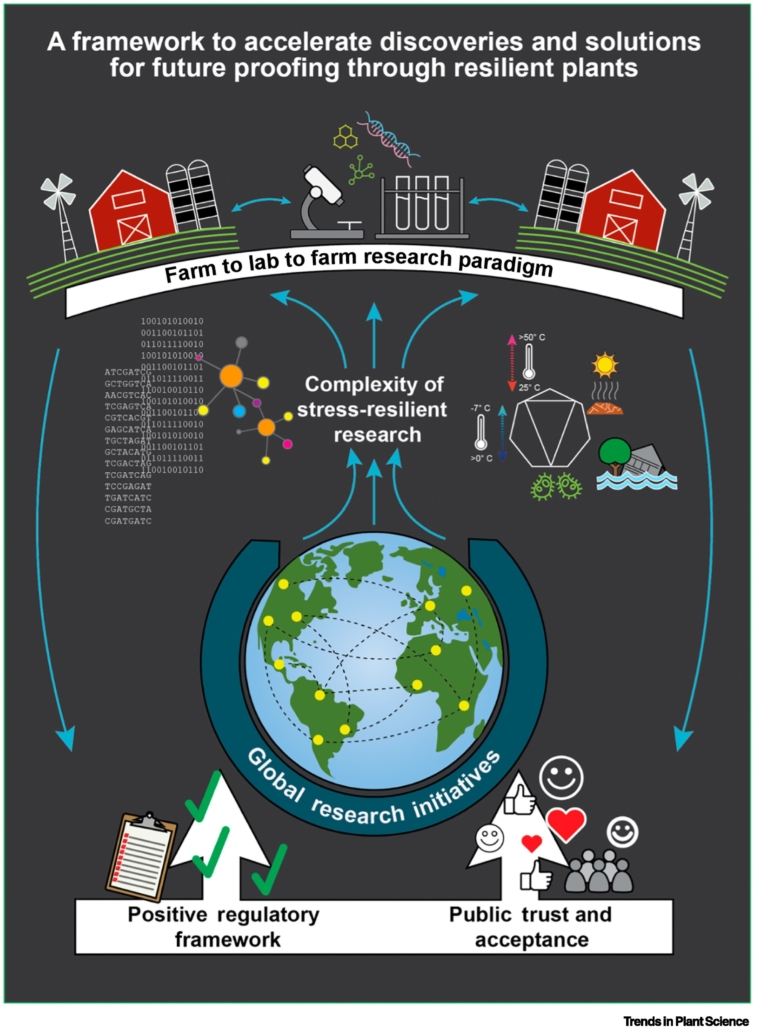
Opinion: Resilient plants for a sustainable future
Plant Science Research WeeklyAnthropogenic climate change has introduced tremendous uncertainty about the future of all life on Earth. As primary producers, threats to plants are transduced up the food chain to their consumers, including people, which is why there is a great need to develop resilient plants that are able to sustain…
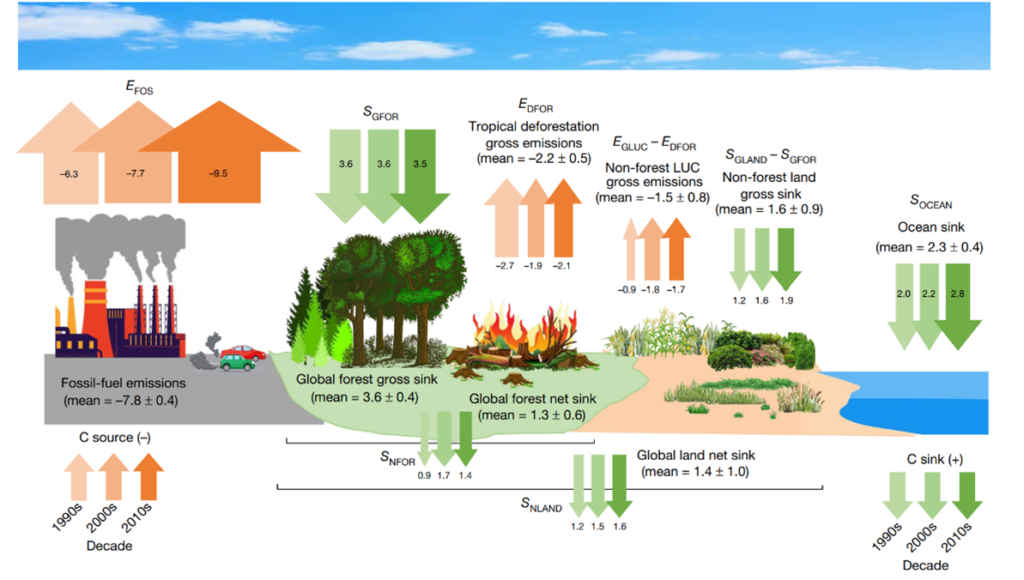
Forests endure as critical carbon sinks
Plant Science Research Weekly
The global forest carbon sink is vital for mitigating climate change by absorbing CO2 and offsetting nearly half of fossil-fuel emissions. Over the past three decades, this sink has remained stable with minor fluctuations, but its future is threatened by deforestation, forest ageing, and climate…
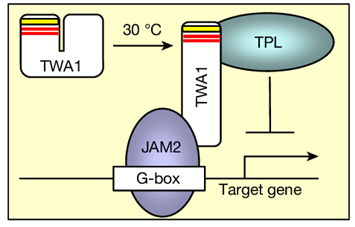
Beat the heat with TWA1, a novel thermosensor in plants
Plant Science Research WeeklyOptimal temperatures for growth and development vary between plant species, making accurate temperature sensing crucial for their fitness. The search for molecular mechanisms underlying temperature signaling suggests that a single temperature sensor likely does not exist in plants. Instead, plants possess…
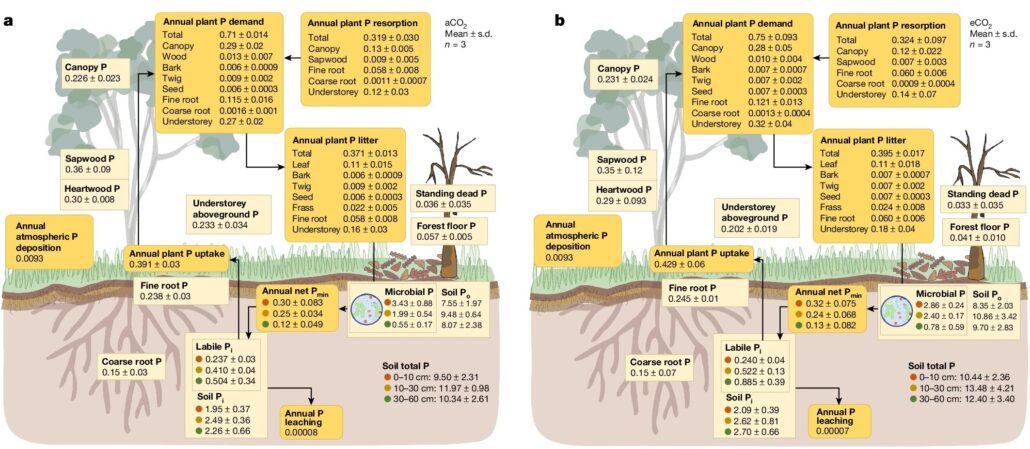
Phosphorus limitation limits carbon storage in CO2-enriched mature forests
Plant Science Research WeeklyPlants fix carbon dioxide to generate biomass, and in many cases increasing the availability of CO2 enhances plant growth. However, some studies have shown that although yields of food crops such as rice might increase, their nutritional value decreases, due to limitations in availability of minerals…

Unintended consequences of planting native and non- native trees in treeless ecosystems to mitigate climate change
Plant Science Research WeeklyAfforestation initiatives are globally underway to replace naturally treeless ecosystems with native and non-native trees. The primary objective is to enhance atmospheric carbon capture as a means to combat climate change. This review seeks to illuminate the diverse impacts of afforestation, both positive…
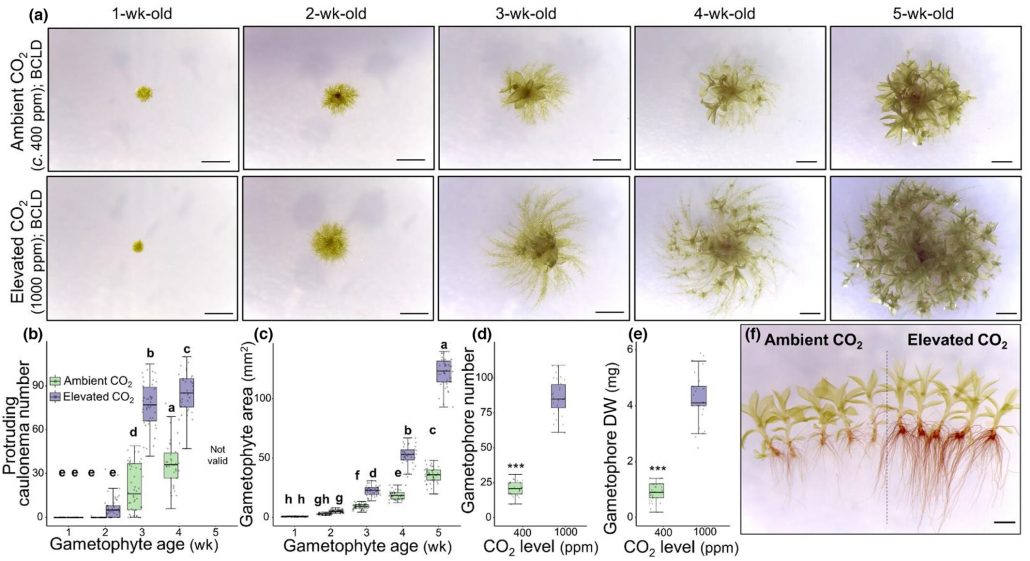
Physcomitrium patens responses to elevated CO2 and nitrogen
Plant Science Research WeeklyWith atmospheric CO2 levels increasing 100 times faster than historical levels, much attention has been paid to how crop plants respond to this elevated CO2 (eCO2). For angiosperms, eCO2 leads to increased CO2 assimilation and decreased photorespiration, but over time plants can adapt, leading to lower…

Adaptive evolution of the enigmatic Takakia moss now facing climate change in Tibet
Plant Science Research WeeklyIn this fantastic, engaging paper, Hu et al. carries the reader from the origins of life on land through the dramatic uplift of the Tibetan plateau and into the modern age of climate change, all through the lens of the “enigmatic” Takakia moss. It’s enigmatic because it has features that are more…
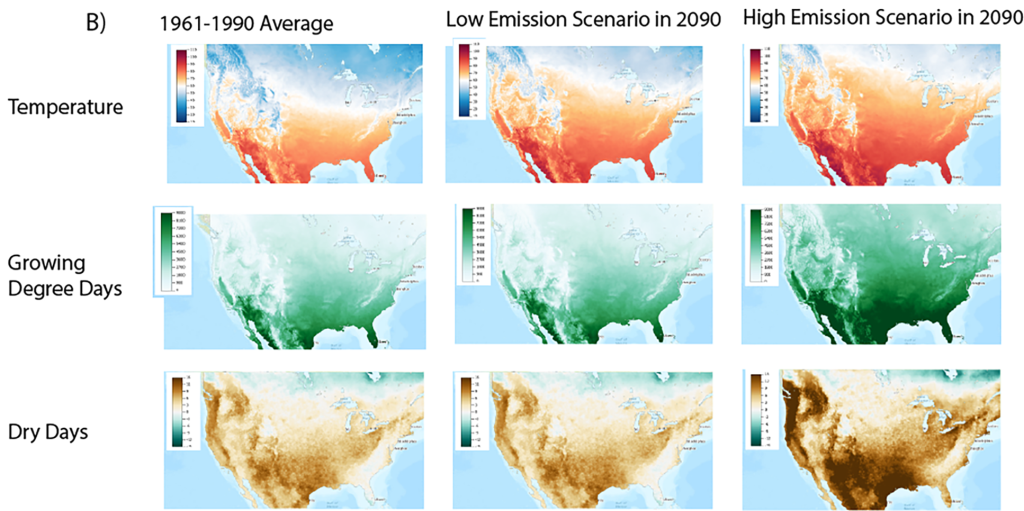
The impact of climate change on endangered plants and lichen
Plant Science Research WeeklyAs global CO2 emissions continue to rise, wildlife faces new challenges due to climate change. The biotic and environmental factors impacted by the rising temperature and sea level pose unprecedented threat to the plants and lichens listed on the Endangered Species Act (ESA). In this paper, the tolerance…
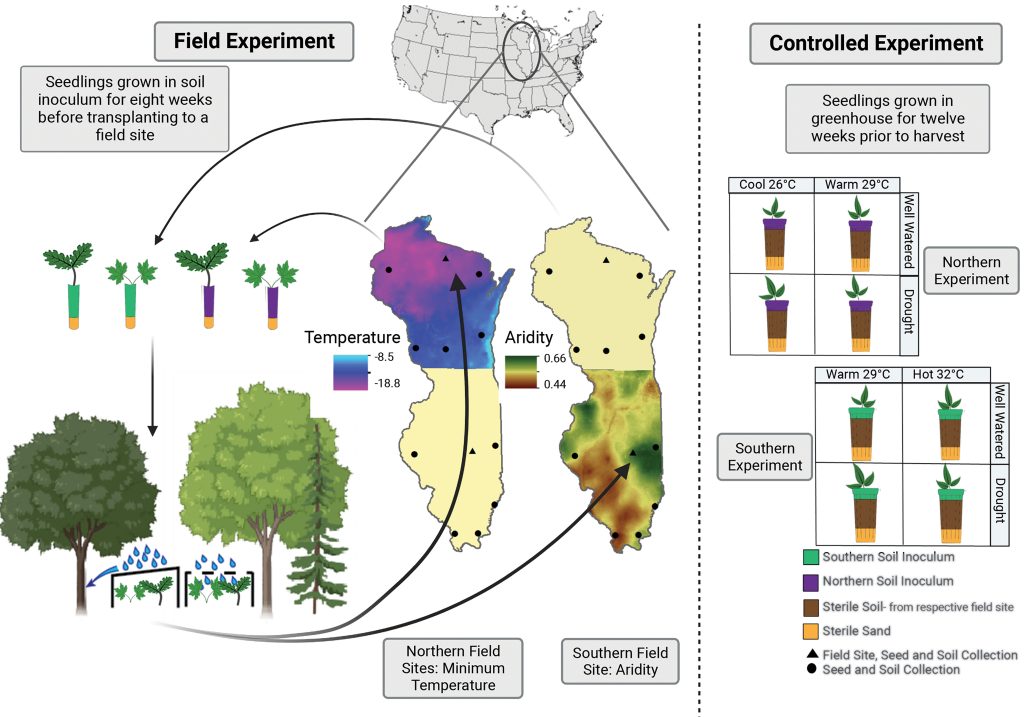
Shifting microbial communities can enhance tree tolerance to changing climates
Plant Science Research WeeklyLike all of Earth’s lifeforms, plants are already experiencing hardships due to the changing climate, and these stresses will get more extreme. Much effort has gone into breeding crops for climate resilience, less on trees which are both more diverse and less genetically tractable. Here, Allsup et…

